Featured Research & Projects
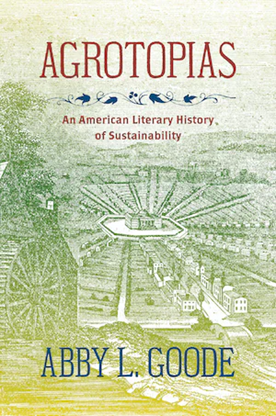
Beyond Utopian Fantasies: Confronting the Environmental Here-and-Now
Sustainability – as a term and a concept – has come into favor in recent years; however, it is not new. Abby L. Goode explores the history of sustainability arguments as well as the tendency for sustainability advocates to imagine utopian spaces – agrotopias – to counter their unsustainable present. Goode invites readers to consider how we might use these ideas differently when keeping their often eugenic and xenophobic histories in mind.
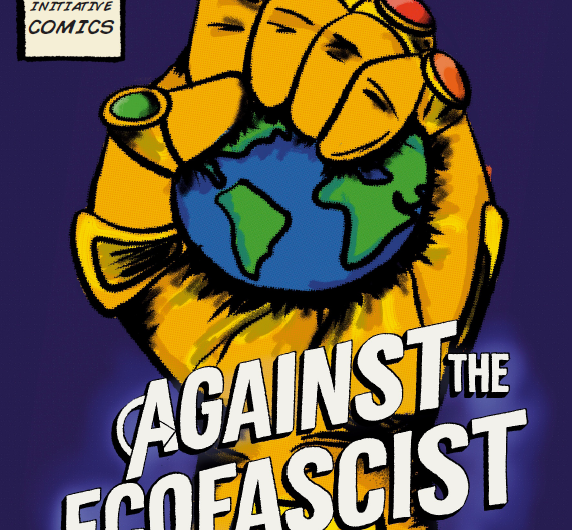
Stemming the Creep of Ecofascism: A Primer
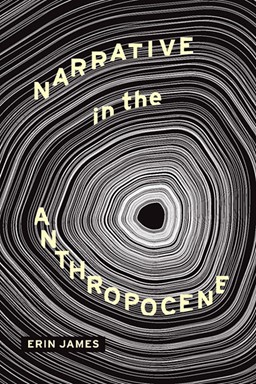
Humans Writing Worlds: Narrative in the Anthropocene
Humans are storytelling creatures, so what stories do we tell now, during the Anthropocene? How do these narratives affect us as readers, what ideologies do they support, and how do they resonate with the ways we are rewriting the material world? In this piece reflecting on her new book Narrative in the Anthropocene, Erin James addresses storytelling’s power and its use as a model for thinking through our assumptions about our relationship to the world and our role in it.
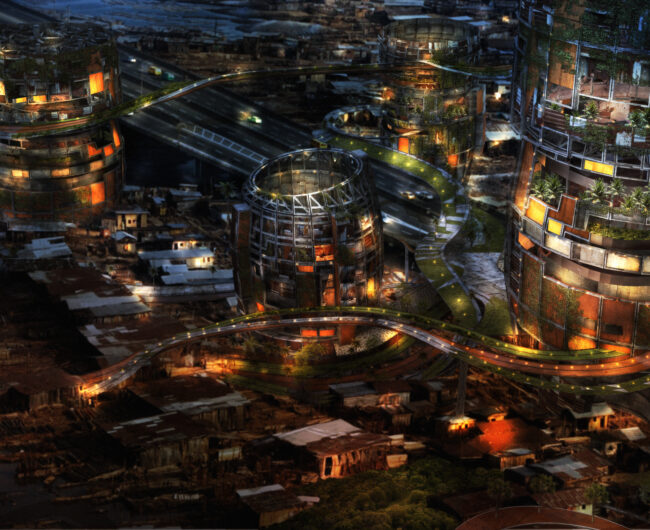
“Why can’t we be seen?”: Environmental Violence and Extractive Practices in African Visual Culture
As Cajetan Iheka observes, Africa is often overlooked in environmental conversations. In his new book African Ecomedia: Network Forms, Planetary Politics, however, Iheka positions Africans not as victims of ecological devastation but as knowledge producers – as a people actively working to counteract the effects of globalization in their communities – and Africa more broadly as ground zero for efforts to create positive environmental futures.
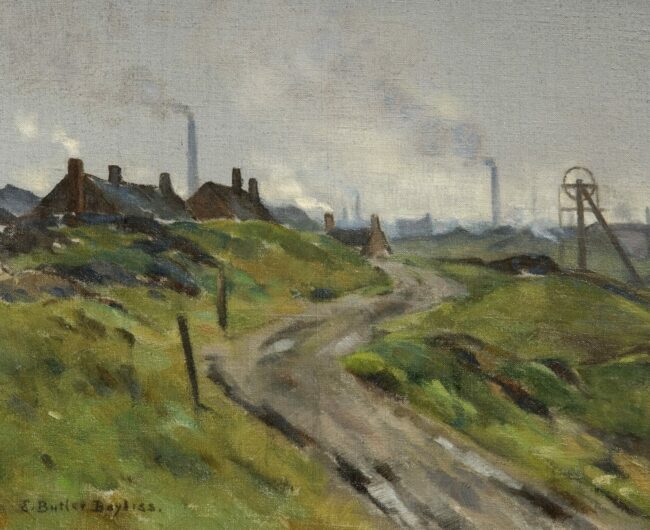
The Literature of Extraction
We live in a world shaped by extractivism – its processes, material consequences, and assumptions about the Earth and the future. Elizabeth Carolyn Miller considers the effects of this history and context: Have two hundred or more years of extractivist language and literature prepared us, in some way, for the crisis we now face? Or have they made environmental crisis seem inevitable, and thus encouraged complacency?
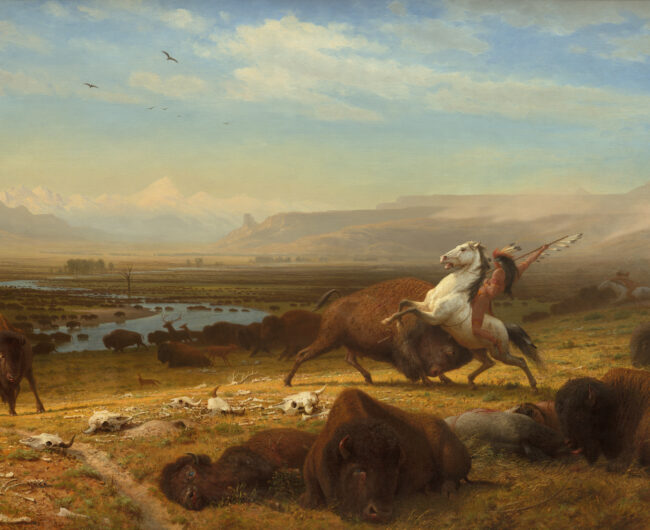
How Do We See the Human in Biodiversity and Extinction Narratives?
As we grapple with biodiversity loss, species endangerment, and extinction, Timothy Sweet looks at how approaches to these issues have varied historically. He asks, What can these variations tell us about our human being? How do we understand ourselves as one animal among others, but with differences from those others? In this piece, he explores some elements of his book Extinction and the Human, which more fully addresses these questions.
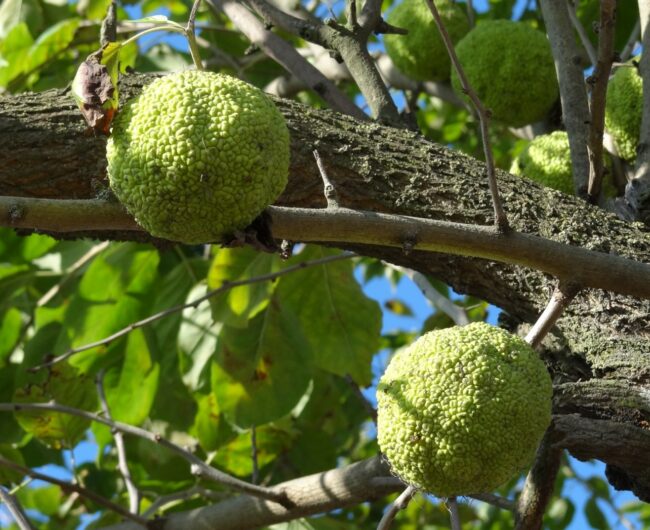
On Maps and Hedge Apples: What Geocriticism Offers the Environmental Humanities
A “sense of place” is common in environmental literature and ecocriticism, and here Lowell Wyse argues for a more nuanced version of it. He connects ecocriticism and geocriticism in what he calls ecospatiality, inviting us to think deeply about what a sense of place might include and how ecospatiality can highlight issues of environmental justice.
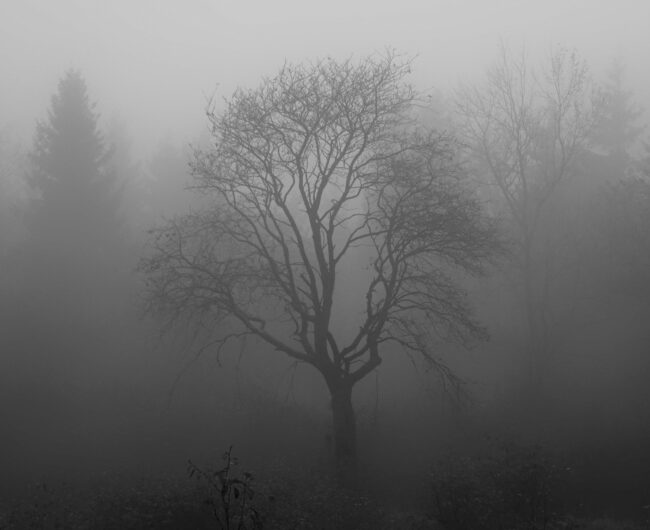
Ecohorror, Teaching, and Collaboration: A Conversation
Fear is one common response to the natural world, and ecohorror is a pop cultural and literary reflection of that fear. In this conversation, prompted by the recent publication of Fear and Nature: Ecohorror Studies in the Anthropocene, Christy Tidwell and Carter Soles discuss the contemporary relevance of ecohorror, their experiences teaching ecohorror, and the process of collaboration.
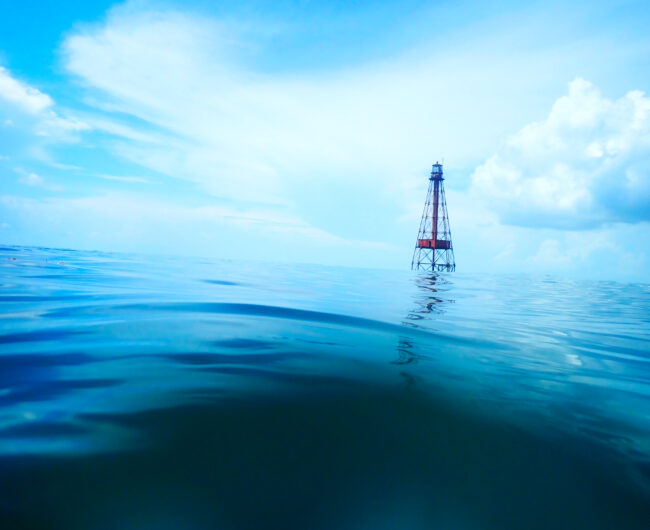
Where is the Ocean?
The ocean is a huge part of our world – and a huge part of our stories about the world. Why, then, Sid Dobrin asks, isn’t it a bigger part of our ecocritical conversations? While acknowledging the work of others within the blue humanities, Dobrin’s Blue Ecocriticism and the Oceanic Imperative highlights the continuing need for more attention to ocean itself and to oceanic ways of thinking.
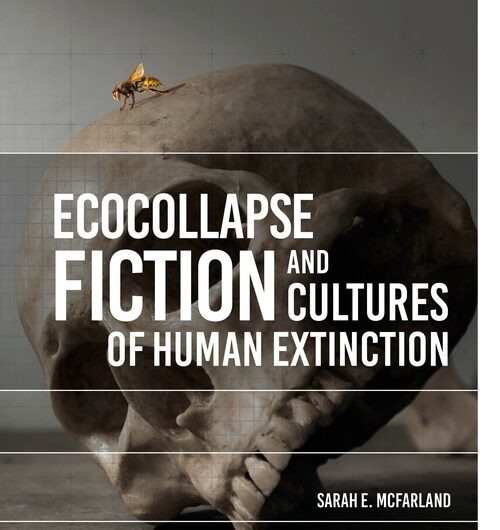
Beyond Human Exceptionalism: Learning from Ecocollapse Fiction
It is hard for humans to truly envision species extinction (their own and other species’) and devastating climate change, in large part because we continue to see ourselves as exceptional, as exceptions. Sarah E. McFarland argues that ecocollapse fiction offers us opportunities to feel differently about extinction and perhaps act differently as a result.

Reports from MLA 2021: Environmental Humanities sessions
The 2021 meeting of the Modern Language Association included two ASLE-sponsored sessions plus several other sessions addressing the environmental humanities and including ASLE members. In fact, this feature includes 10 reports from the conference – an embarrassment of riches! – including sessions on Romanticism, Depression-era literature, ecofascism, and infrastructure.
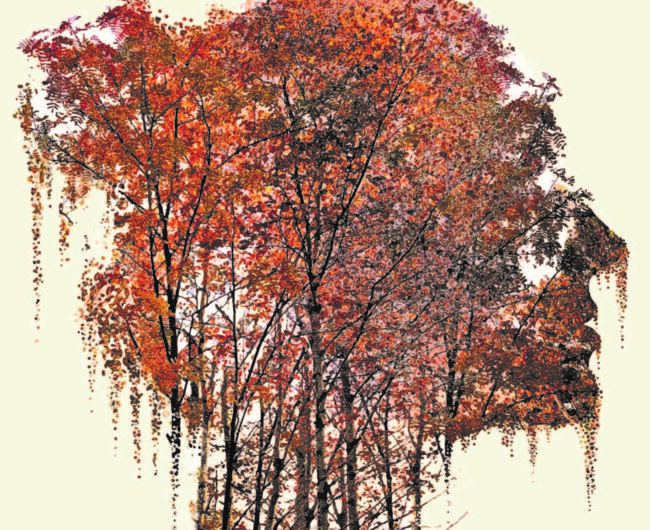
Modern Environmentalism’s Identity Politics; or, The Vocabularies We’ve Inherited
Although too-often considered separately, the modern American environmentalist movement and identity-based movements like Women’s Liberation and Black Power emerged in the same historical moment. Alexander Menrisky asks us to consider what a cross-pollination between politics of identity and environment might have passed down to us and to critically examine the vocabularies we have inherited for thinking identity and environment together.
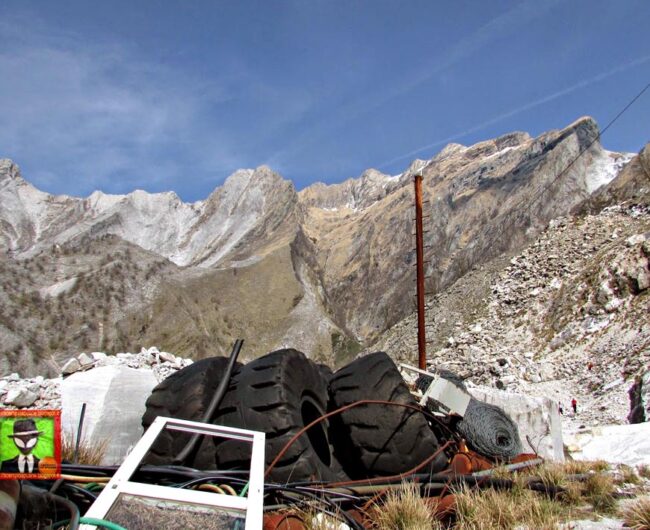
Exploring the Eloquence of Matter
Italy: land of art, philosophy, music, beautiful beaches, majestic mountains. As Enrico Cesaretti points out, however, these elements coexist with exploitation of both people and the natural world, and connections between beauty and harm are best seen by combining analyses of literature and art with attention to materials, places, and bodies (e.g., sulfur mining in the Sicilian countryside as represented in the short fiction of Luigi Pirandello).
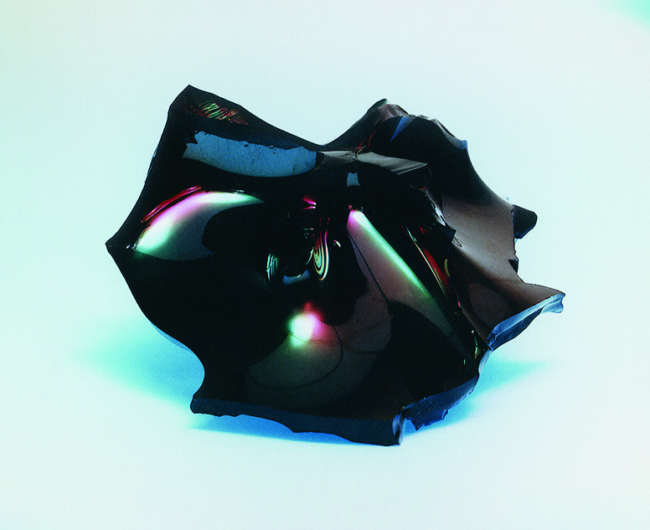
Apocalypse from Below: Nuclear Infrastructures and Radical Futurelessness
Infrastructures shape our lives and our ideas about possible futures – or the lack thereof – in many ways. But they do not shape lives and futures equally. In Infrastuctures of Apocalypse, Jessica Hurley explores the relationship between the infrastructures we take for granted, the present they have created, and the futurelessness we now face, inviting readers to consider both how we might live with the knowledge of these relationships and what actions we might take in response to them.
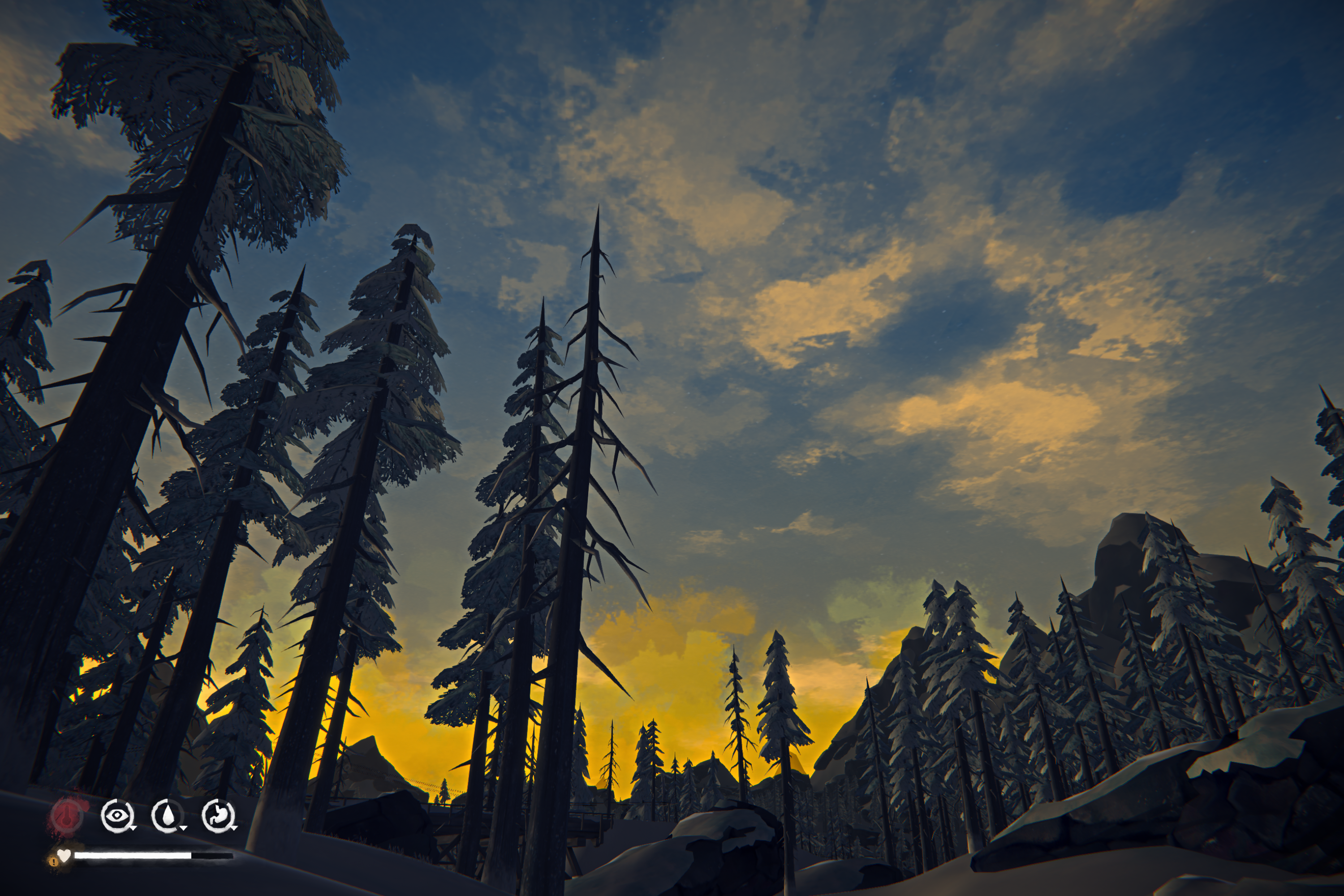
Not Just Child’s Play
As games become more and more a part of popular culture, we might ask how they represent, engage with, and even affect the natural world. Alenda Chang considers these relationships and more in Playing Nature: Ecology in Video Games, and here she provides some insight into her analysis and the role games might play in the classroom.
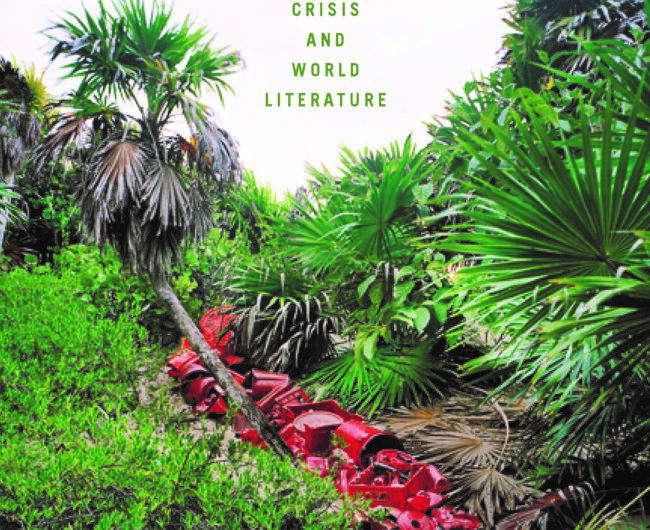
How Can Literature Fix the World If It Helped Ravage the Planet?
How does literature – specifically world literature – help us understand and even shape the natural world? Jennifer Wenzel explores the importance of various types of reading world literature in her book The Disposition of Nature: Environmental Crisis and World Literature.
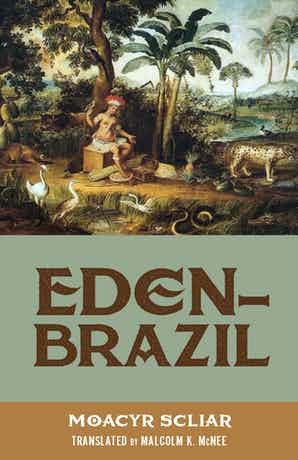
A World of Worlds: Latin American, Iberian, and Latinx Environmental Humanities
Recent years have seen a flowering of Latin American, Iberian, and Latinx environmental humanities scholarship, and here Laura Barbas-Rhoden and Gisela Heffes provide a valuable overview of this work. More than an overview, though, their piece is an invitation for all environmental humanities scholars and teachers to engage with this ongoing work and to broaden our sense of environmental humanities as a field. This is an invitation to dialogue for those working in research, teaching, and public scholarship in other regions of the world, other languages, other fields of study.
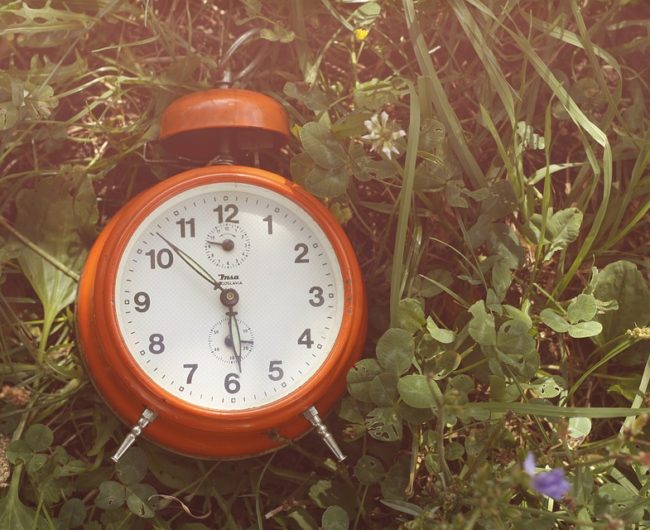
Time As Power: Climate Crisis and COVID-19 Require us to Reimagine Time
Climate change and COVID-19 alike have significant impacts on our sense of time – both personal and global. In Nature’s Broken Clocks: Reimagining Time in the Face of the Environmental Crisis, Paul Huebener explores the relationship between our concepts of time and the environment. Here, he introduces some of those ideas as well as some possible classroom applications.
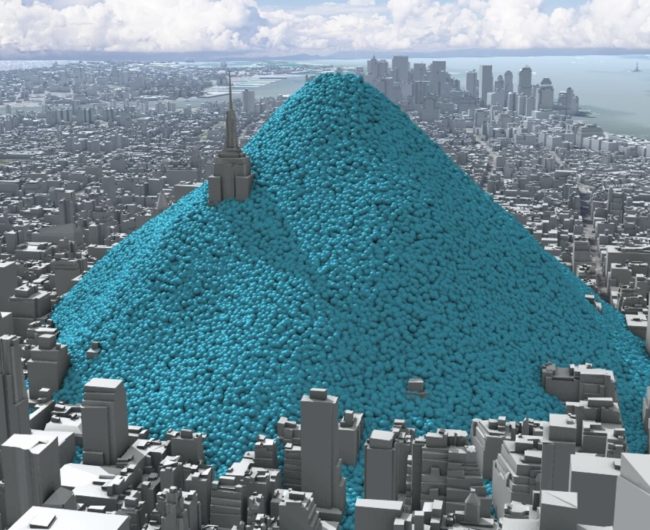
Infowhelm: When Eco-Data Becomes Eco-Art
What is the relationship between data and art, particularly data about the environment and art that engages with ongoing ecological change? How do the ways we visualize information about the environment both reflect and influence our relationships with the world? Heather Houser takes up these and other questions as she reflects on her new book, Infowhelm: Environmental Art and Literature in the Age of Data.
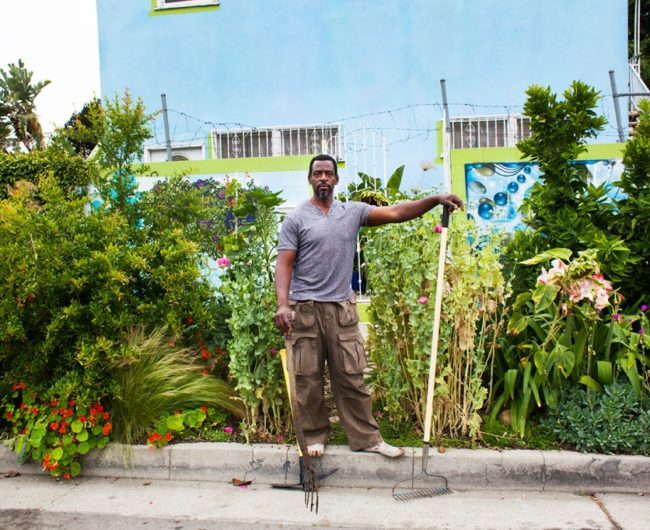
Gardening in Hard Times: A Hidden History from Jim Crow to COVID-19
Americans have long turned to gardening in search of belonging, hope, creative expression, and contact with nature. In this piece and her book Gardenland: Nature, Fantasy, and Everyday Practice, Jennifer Wren Atkinson explores the history of gardening, its present popularity, and what the desire to garden says about humans’ relationship to the natural world.
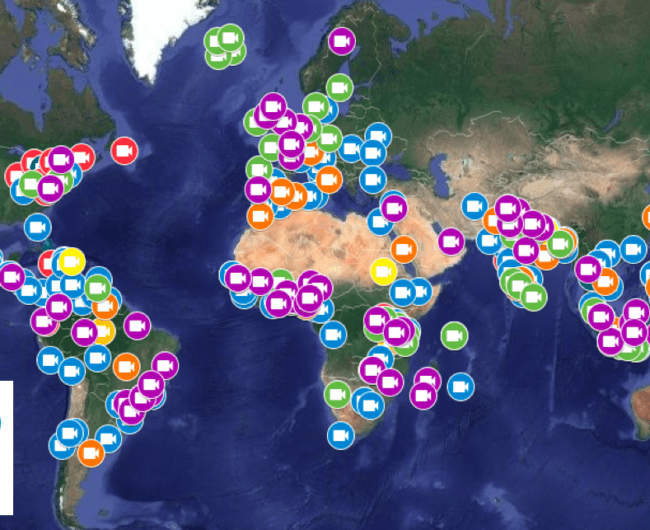
The Geo-Doc: Enhancing Environmental Education Through Geomedia
In his work as a documentary filmmaker, Mark Terry has developed a form called the Geo-Doc with the goal of bridging the communication gap between scientists and policymakers. Here, he describes this approach and its value for environmental humanities pedagogy and politics.
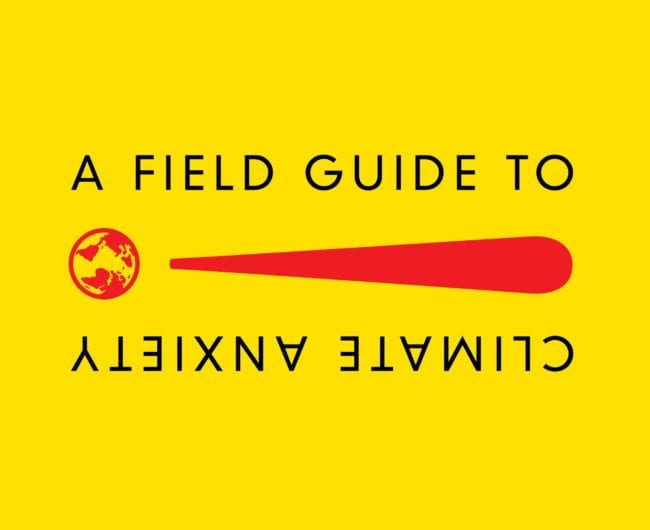
The Power of a Picnic Table: How the Environmental Humanities Shaped A Field Guide to Climate Anxiety
As we all grapple with our own and our students’ anxiety about climate change (as well as anxiety about COVID-19 and the economy), Sarah Jaquette Ray’s A Field Guide to Climate Anxiety provides an “existential toolkit” for the climate generation and for anybody else who experiences climate anxiety.
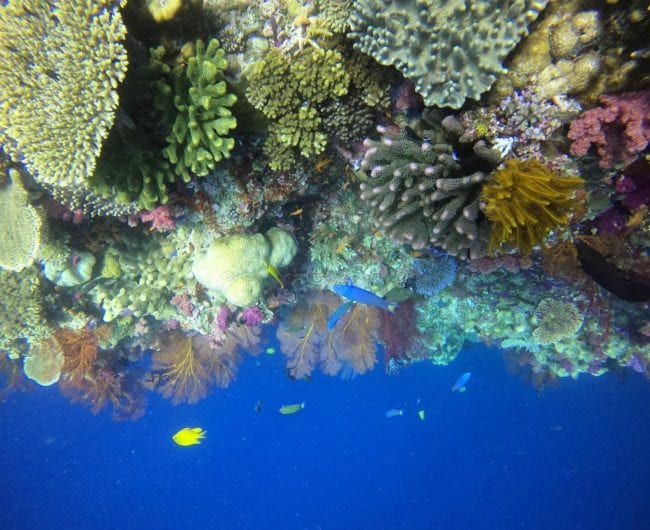
Beyond Terrestrial Thinking: Oceans, Estrangement, Media
Approaching the ocean as a science fictional space, Melody Jue’s Wild Blue Media asks readers to estrange familiar concepts by taking them underwater, arguing that “the ocean might engender a sense of humility among scholars across many humanities fields, if they wish to reflect on the many elements of terrestrial bias that we all bring to our work.”
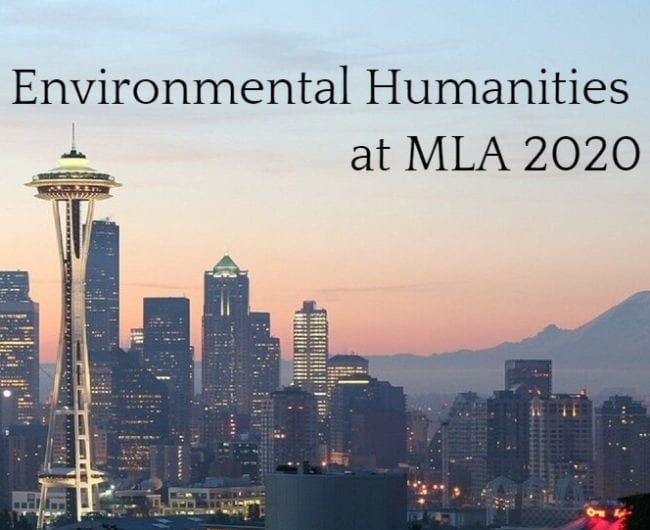
Reports from MLA 2020: Environmental Humanities Sessions
The 2020 meeting of the Modern Language Association in Seattle, WA, featured multiple sessions addressing the environmental humanities. Here, read about two ASLE-sponsored sessions as well as two other environmental humanities sessions featuring ASLE members. These sessions’ topics range widely, including discussions of indigenous literatures, late Victorian ecosocialists, Edmund Spenser, and imperialism and colonialism in the Asia-Pacific region.
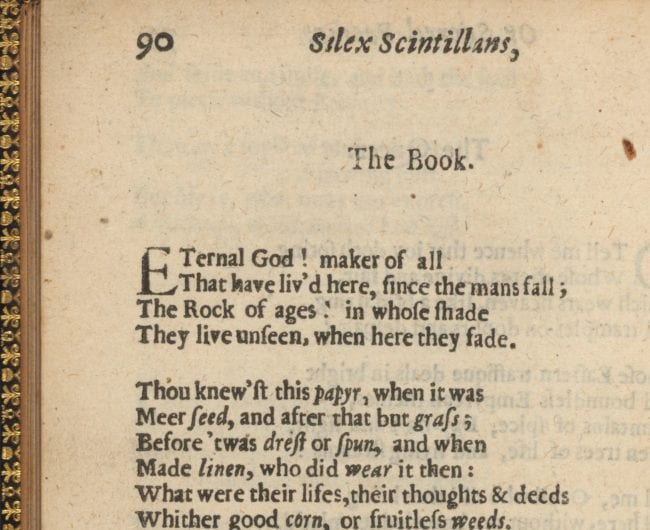
Textual Habits and Textual Habitats: Understanding and Teaching the Materiality of Paper
We often remain unaware of the physical presence and history of the paper we use. Joshua Calhoun’s The Nature of the Page: Poetry, Papermaking, and the Ecology of Texts in Renaissance England asks us to change that.
This is the first in a series of features on newly released environmental humanities books, emphasizing how their ideas are relevant to ASLE members in general as well as how they might inform teaching, activism, and/or public humanities projects.
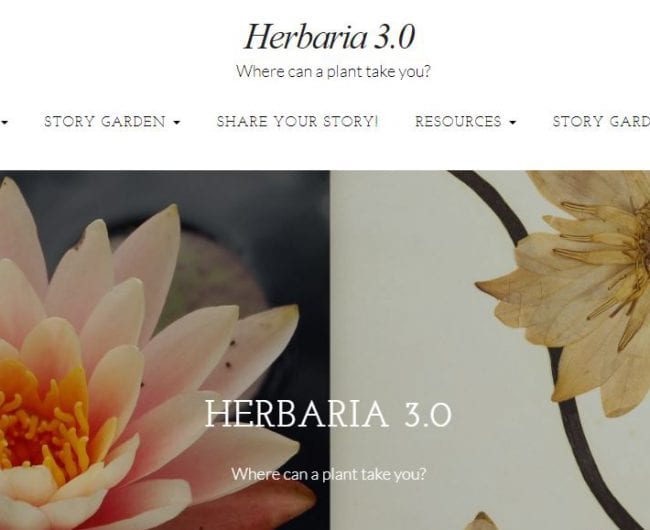
Herbaria 3.0: Plants are everywhere, and everyone has a story to tell about a plant
ASLE members Tina Gianquitto and Lauren LaFauci, together with an interdisciplinary team consisting of two plant biologists and a pedagogy expert, recently launched Herbaria 3.0 (www.herbaria3.org), a collaborative digital humanities project. Herbaria 3.0 collects, shares, and archives stories about plants and people from all over the world.
The project began with a question posed by team member Dawn Sanders—“where can a plant take you?” …

Articulate Detroit
Articulate Detroit: Visualizing Environments with Augmented Reality was funded by an ASLE Subvention Grant. The project uses mobile technology to create an interactive map of a walkable route on Woodward Avenue. This walking route is equipped with location-specific augmented reality (AR) overlays. These overlays allow users to visualize the complex spatial networks that make up the city of Detroit. Building from Jeff Rice’s work in Digital Detroit: Rhetoric and Space in the Age of the Network, this open-access digital humanities project seeks to …
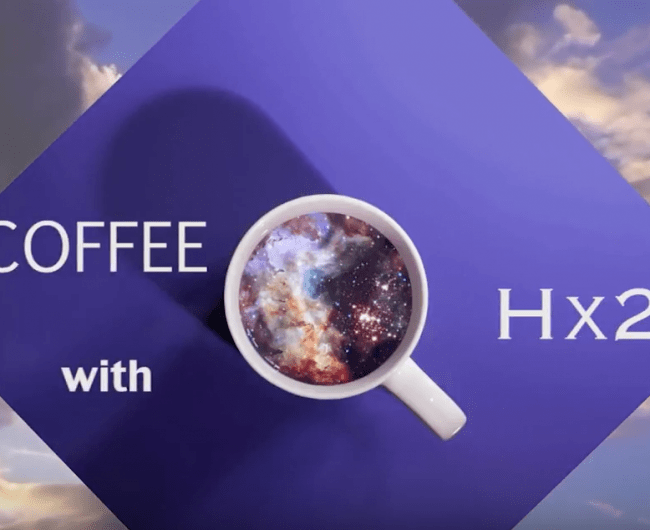
Coffee with Hx2
Heidi Hutner, PhD, teaches and writes about environmental literature, and film, environmental justice, ecofeminism, ecocriticism, and film and media at Stony Brook University, where she is the director of the Sustainability Studies Program and an Associate Dean in the School of Marine and Atmospheric Sciences. Hutner is an active public speaker on environmental issues.
She’s also the host of a new internet sustainability show, Coffee with Hx2. In each episode she sits down to talk with luminaries in many fields of the environmental arts, …
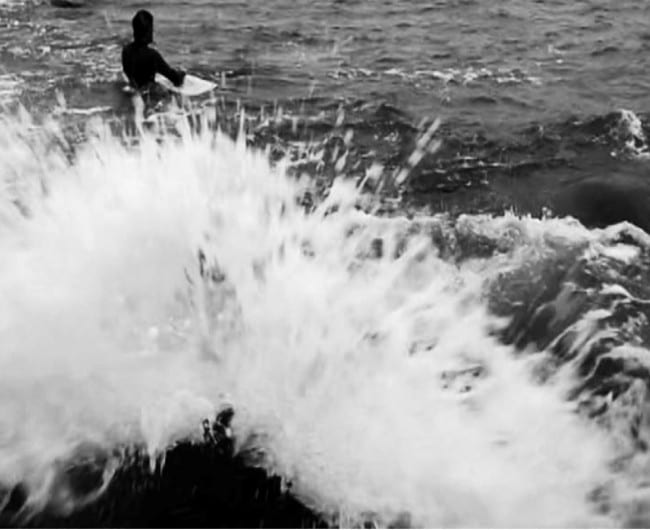
A Modern Sense of Place in The Common
Finding the extraordinary in the common has long been the mission of literature. Inspired by this, and the role of the town common, a public gathering place for the display and exchange of ideas, The Common seeks to deepen our individual and collective sense of place through bold, engaging literature and art. The magazine publishes fiction, nonfiction, poetry, and images (online and in print) that invoke a modern sense of place, real or imagined; from deserts to teeming ports; from Winnipeg to Beijing; from …
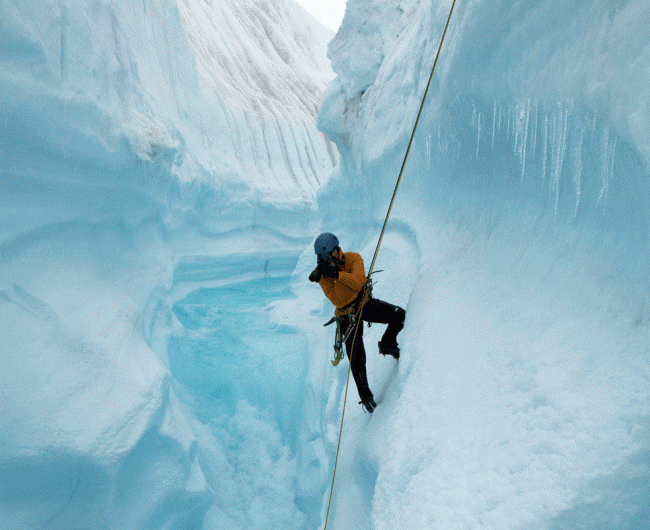
Climate Change Is Everybody’s Business
By the spring of 2007, SueEllen Campbell and John Calderazzo (ASLE members, writers, English Department colleagues, spouses) had become truly alarmed about climate change. Determined to find something they might do that felt more immediate and practical than writing, they collected ideas from colleagues around campus, noodled around at their kitchen table, and, in very short order, with nobody’s permission and almost no money (though support of all kinds appeared right away), started the education and outreach initiative they called Changing Climates @ …
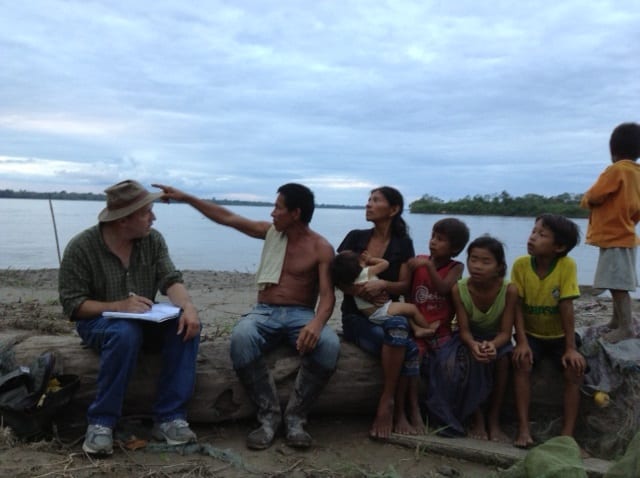
Journeys to Amazonia
ASLE member Juan Carlos Galeano’s interests in cultures of the Amazon basin and the natural world are reflected in his current literary projects and in his direction of the Florida State University program “Learning and Service: Journey to Amazonia” in Peru.
His current creative projects include a collection of poems, “The river,” that he envisions as an ontology of rivers portraying them as sentient beings in interactions with humans and their territorial surroundings. With the Amazon river and its tributaries as a source of …
The Sustainable Food Movement
Dan Philippon, Associate Professor of English at the University of Minnesota, current research exploring discourses about the sustainable food movement began during a fellowship at the Rachel Carson Center (RCC) in Munich, Germany. Learn more about this innovative project by watching a video that RCC produced in 2011. Video produced by the RCC in (2011).
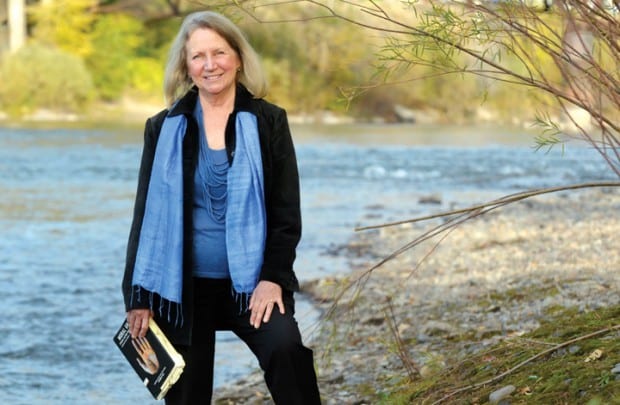
Spring Creek Project
ASLE member Kathleen Dean Moore, Distinguished Professor of Philosophy and co-founder and Senior Fellow of the Spring Creek Project for Ideas, Nature, and the Written Word at Oregon State University engages the most urgent environmental issues of our times while remembering and sharing our perennial sources of joy, wonder, and gratitude. The Spring Creek Project is a convening organization that sponsors writers’ residencies, readings, lectures, conversations, and symposia on issues and themes of critical importance to the health of humans and nature.
